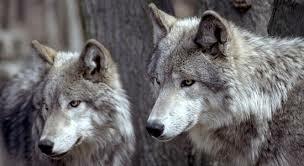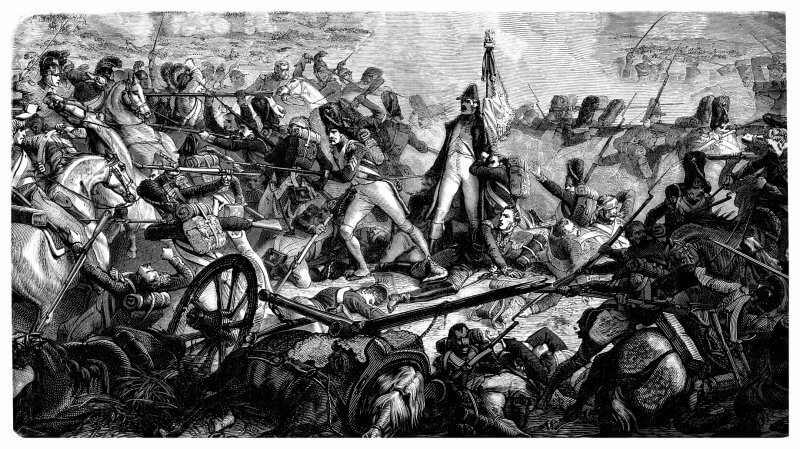15 Examples of Magical Thinking
Miscellanea / / February 28, 2022
The magical thinking It is a type of thinking in which the associations between elements or the relationships of cause and effect of a phenomenon have no scientific basis, that is, they cannot be verified or taken as valid. For example: The superstition that consists in believing that if a person crosses a black cat, he will have bad luck.
This thought arises from the need to explain the functioning of the world, but it can lead to a false interpretation. of reality, because it includes supernatural elements, beliefs and speculations, that is, ideas that have no basis empirical.
From a psychological approach, magical thinking is associated with different disorders, such as schizophrenia and mental disorder. obsessive-compulsive, since people who suffer from them have a distorted perception of reality and the rules of causality.
However, the fact that a person makes magical thinking associations does not imply that he suffers from any of these disorders. In addition, from an anthropological approach, it is argued that the appearance of magical thinking implied the evolution and the complexity of societies, because an orderly understanding of the cosmos was developed.
magical thinking and logical thinking
Magical thinking differs from logical, because the first is subjective and emotional, since it is based on beliefs that can vary according to the person and that generate a sense of security against the desires and fears experienced by the subjects.
In contrast, logical thinking is objective, because it does not depend on beliefs, but is used in the sciences to produce knowledge demonstrable, replicable and verifiable on reality.
magical thinking relationships
In magical thinking, different types of connections or relationships between elements are established:
examples of magical thinking
- superstitions. Are those beliefs that are generally transmitted from generation to generation and that establish cause-consequence relationships between two elements or phenomena that naturally are not connected. For example, the belief that the number thirteen is unlucky.
- Astrology. It is that belief that assumes that the characteristics and events that occur to a person are determined or influenced by the position of the planets.
- Magic. It is a set of beliefs and practices that are performed by magicians and that supposedly have the power to modify events or produce supernatural phenomena.
- Witchcraft. It is a set of beliefs and practices that are carried out by sorcerers, who claim to be able to cast spells or curses.
- Numerology. It is that belief that assumes that there is a relationship between numbers and events that occur in the world.
- Paranormal activity. It is that belief in the existence of paranormal beings, such as ghosts.
- rituals. They are those practices that are generally associated with different religions, that have specific steps and that supposedly can modify the course of events.
- myths. They are stories of oral transmission that include supernatural events and that narrate the creation and the end of the world and the origin of cities, societies, customs, different beings, among others.
- Fortune telling. It is that practice carried out by people who supposedly have the ability to know what will happen in the future.
- esotericism. It is a set of knowledge that explains the causes of everything that exists, but that is hidden from view. most people, since they can only be accessed by subjects who have certain features.
- Palmistry. It is that practice in which a person, by looking at the lines of the hands, can determine the characteristics and the future of individuals.
- geomancy. It is that divinatory practice that assumes that you can know everything that will happen in the future after observing the figures that appear on the floors.
- Premonition. It is the ability that certain people have to know what will happen in the future from visions or signs that appear in the world.
- Occultism. It is a set of knowledge and practices that allow knowing all the secrets of the world.
- Graphology. It is that pseudoscience that assumes that it is possible to know the characteristics of a person from the analysis of their writing.
It can serve you:



